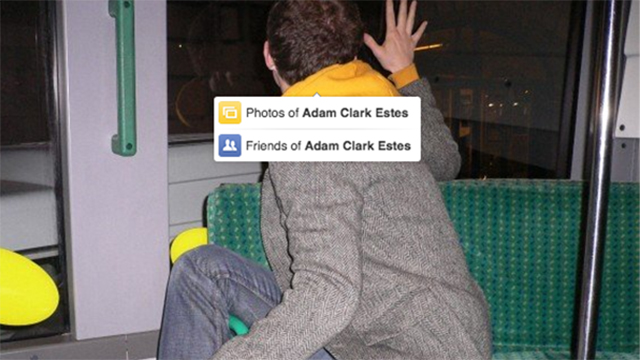Well, this is scary. The head of artificial intelligence at Facebook now says the social network’s experimental facial recognition technology is so advanced that it can read other clues in photos to recognise individuals. In other words, Facebook’s technology no longer needs to see your face to know you’re you.
The Facebook team lead by Yann LeCun recently showed off the technology at the Computer Vision and Pattern Recognition in Boston. The software is designed to look for other cues like hair colour, clothing, pose, and posture. “There are a lot of cues we use. People have characteristic aspects, even if you look at them from the back,” LeCun said. “For example, you can recognise Mark Zuckerberg very easily, because he always wears a grey T-shirt.”
As of now, the experimental Facebook algorithm can correctly identify people using these cues the vast majority of the time. In a test using 40,000 Flickr images, the recognition technology correctly identified people 86-per cent of the time. This is obviously alarming if you like basic rights like privacy — not like you had much protection from facial recognition technology anyways. Now if someone took a photo with you in the background, Facebook could ostensibly identify and locate you. Facebook’s facial recognition software was already “approaching human-level performance.” Now it sounds superhuman.
So good luck hiding from Facebook — because you literally cannot hide.
[New Scientist via Engadget]
